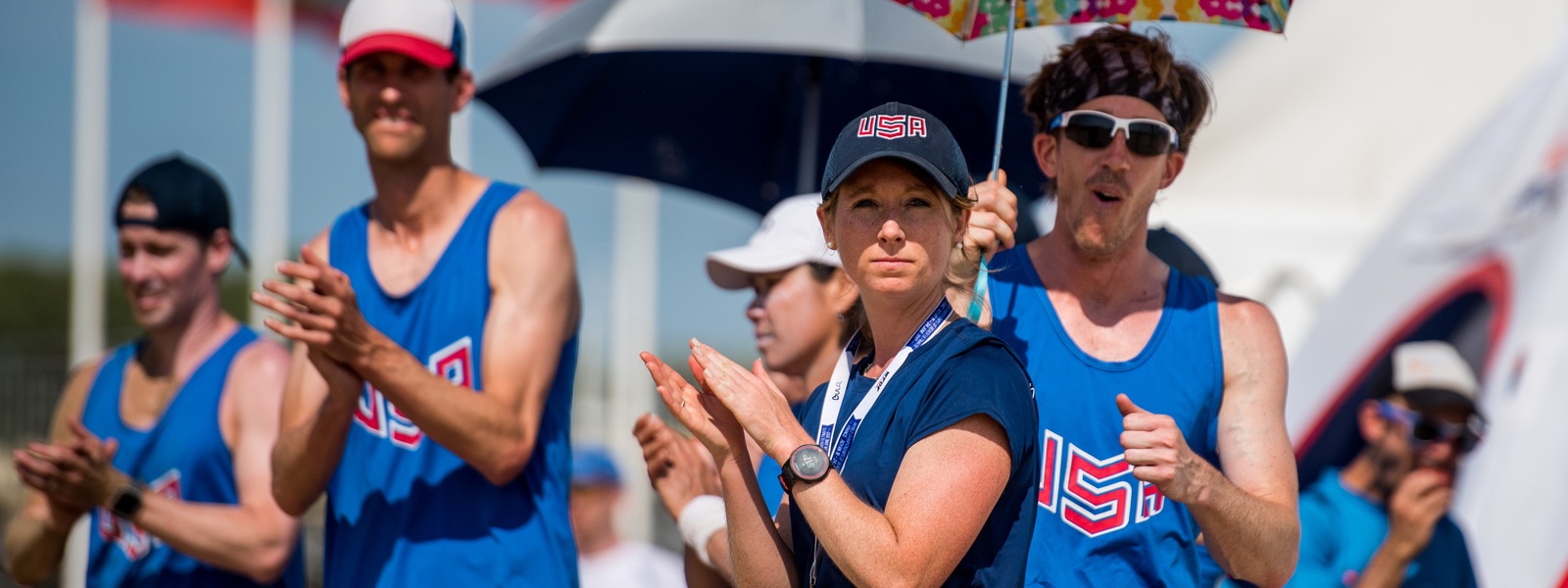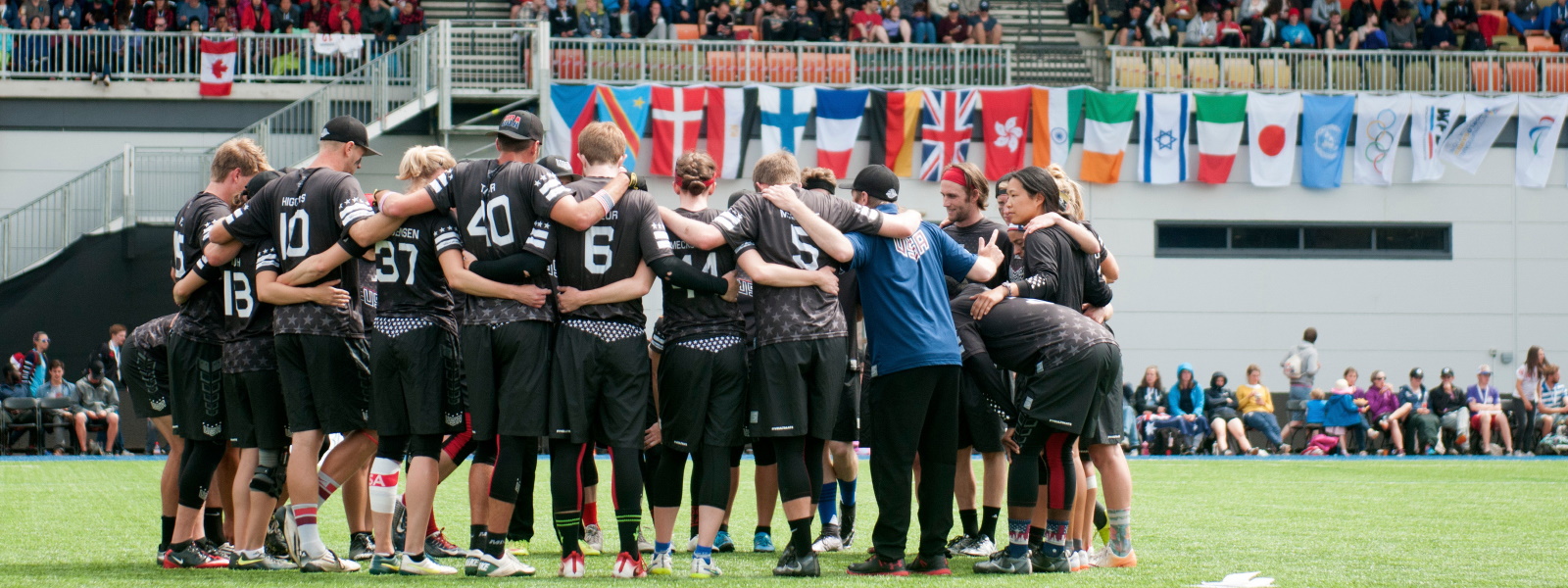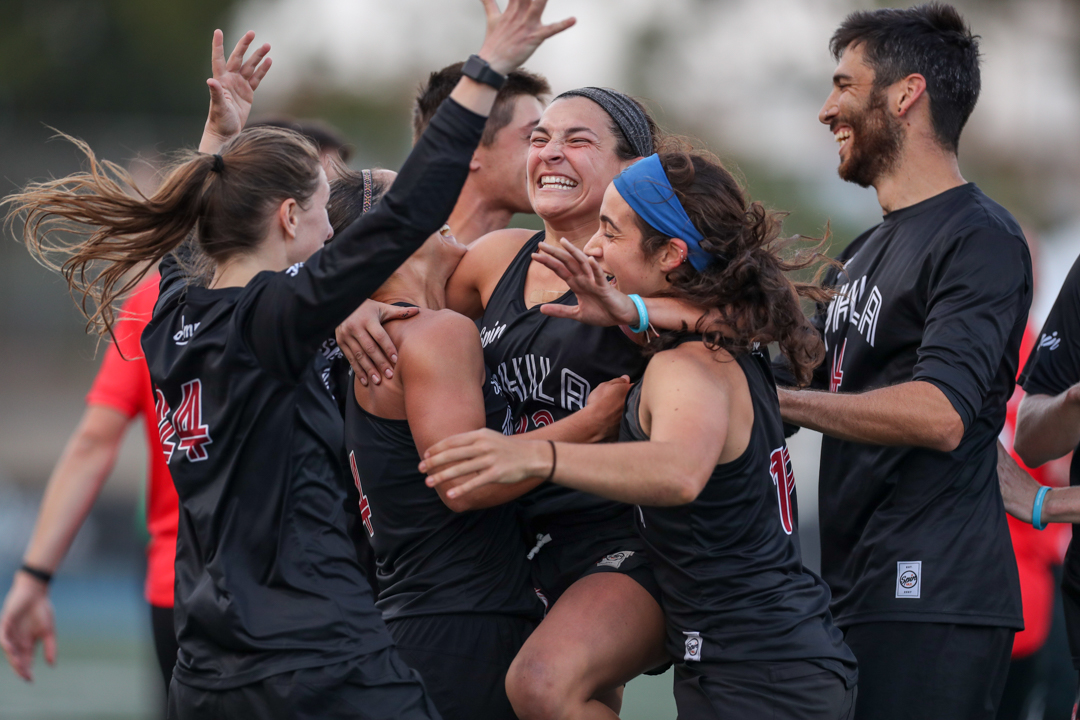

Coaches Take the Lead
Coaches are the frontline in helping kids have happy, healthy and age-appropriate experiences in sports.
In addition to optimizing the athletic ability of each player and achieving the best team results possible, coaches play a critical role in creating a positive playing environment for athletes of all ages. For younger and new players, the coach’s role is to develop a love of ultimate and movement in general while teaching necessary skills. For older players, coaches work to polish skills and to work in a player-centered environment.
A player-centered environment involves putting the needs and interests of the player ahead of the needs of the coach. It means getting to know the players on a personal level to learn what motivates and interests them. Remember the adage “You don’t coach a sport, you coach a person”.
Quality coaches constantly seek to improve how they can develop better athletes and ultimate players.
What is the role of a coach in long-term athlete development?

The successful coach:
- Is a transformational coach who gets to know each player as a person and works to develop the whole person, not just the ultimate player.
- Creates a team environment that is welcoming and respectful of all.
- Creates a player-centered philosophy through fun, engaging, and challenging ultimate experiences.
- Focuses on effort and development in the physical, technical, and tactical areas rather than outcomes such as winning.
- Optimizes player development, potential, and retention at all stages.
- Uses developmentally appropriate practice drills, equipment, and games.
- Designs practices and training to reduce the risk of overuse injuries or burnout.
- Understand the USA Ultimate LTAD model and how it applies to development.
